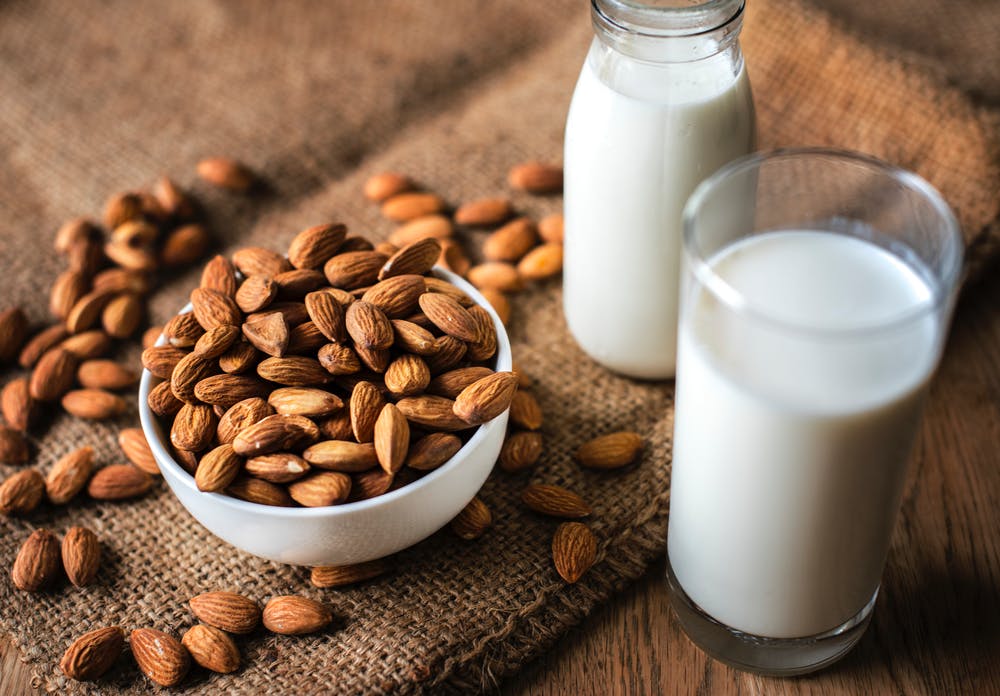Happy National Red Wine Day! I can think of no better excuse to pour myself a glass in celebration of red wine! You may have heard that red wine can be good for you, reducing your risk of heart disease. But how much of its claim to fame is worth the praise?
Red wine is high in resveratrol, which is a compound that some plants produce to fight off bacteria and fungi and protect against UV radiation (1). The resveratrol in wine comes directly from the skin of the red grapes. And there is evidence that resveratrol may boost cardiovascular health and protect against cancer (1).
But wait, isn’t all wine made from grapes? Why is it just red wine that seems to get all the glory? It turns out that the most important fact here is how the wine is made. When white wines are made, they can be made from grapes of any color, including red or black grapes. For making a white wine, the juice is pressed from the grapes and the skin and seeds are separated out (2). Red wines are made similar to white wines, except after crushing; the grape skins are left in with the juice throughout the entire fermentation process (2)! Rose is made from red or purple grapes and after crushing; the grape skins are left with the juice for a few hours (2). This allows the juice to take on the color of the skin.
Ok, so all those amazing antioxidants are coming from the skin of the grapes! And only red wine is fermented with the skin, giving it the high antioxidant content that supports some of those health claims.
Support for Heart Health:
Several studies have shown that red wine has a protective impact on your heart. One study found that it was both the alcohol content as well as the helpful antioxidants that contributed (3). Another study found that having small amounts of red wine daily increased anti-oxidant activity and decreased oxidative stress (and oxidative stress can be very damaging to your heart and blood vessels!) (4). And a large review looking at 26 different studies found that daily red wine intake reduced the risk of heart disease by keeping blood vessels healthier (5).
All of these studies showed that people who drank a small amount of red wine each day, about 150 ml (5 oz), seem to be at about a 32% lower risk than non-drinkers. But don’t over-do-it! There is plenty of evidence that having too much red wine can actually INCREASE your risk of heart disease (5, 6). A little goes a long way here.
Reduced Risk of Cancer:
Studies have shown that moderate wine intake is associated with a decreased risk of certain types of cancer, including colon, basal cell, ovary and prostate (7, 8, 9, 10). The researchers feel that these benefits are likely caused by the antioxidants in the wine as well as some anti-inflammatory properties!
Reduced Risk of Dementia:
Some studies have also found that drinking wine daily is linked to a decreased risk of dementia and Alzheimer’s disease (11, 12). Again, those awesome antioxidants are working their powerful skills, this time, to keep our brain cells healthy!
The Big Take Away:
If you like red wine, pour yourself a glass! But know that the recommended portion is smaller than you might think, just 5oz. And the recommendation is to limit your total alcohol intake each week to 1-1.5 glasses a day for women and 1-2 glasses a day for men (and this is all types of alcohol) (13). Too much alcohol intake can cause liver damage, increased risk of depression, weight gain and increased risk of death (13). Enjoy, in small amounts for those health benefits! Not a fan of red wine? No worries! There are food sources of resveratrol that you can add to your diet including red grapes, blueberries, cranberries and peanuts (1).
Looking for other ways to support your health and wellness goals? Persona Nutrition has you covered! We carry many different varieties of vitamins and supplements to meet your unique needs. Take our free 5-minute assessment to get custom-tailored recommendations based on your health, diet, goals, and prescription medications. Ready to have high-quality vitamins delivered right to your door? Get your personalized recommendations.














